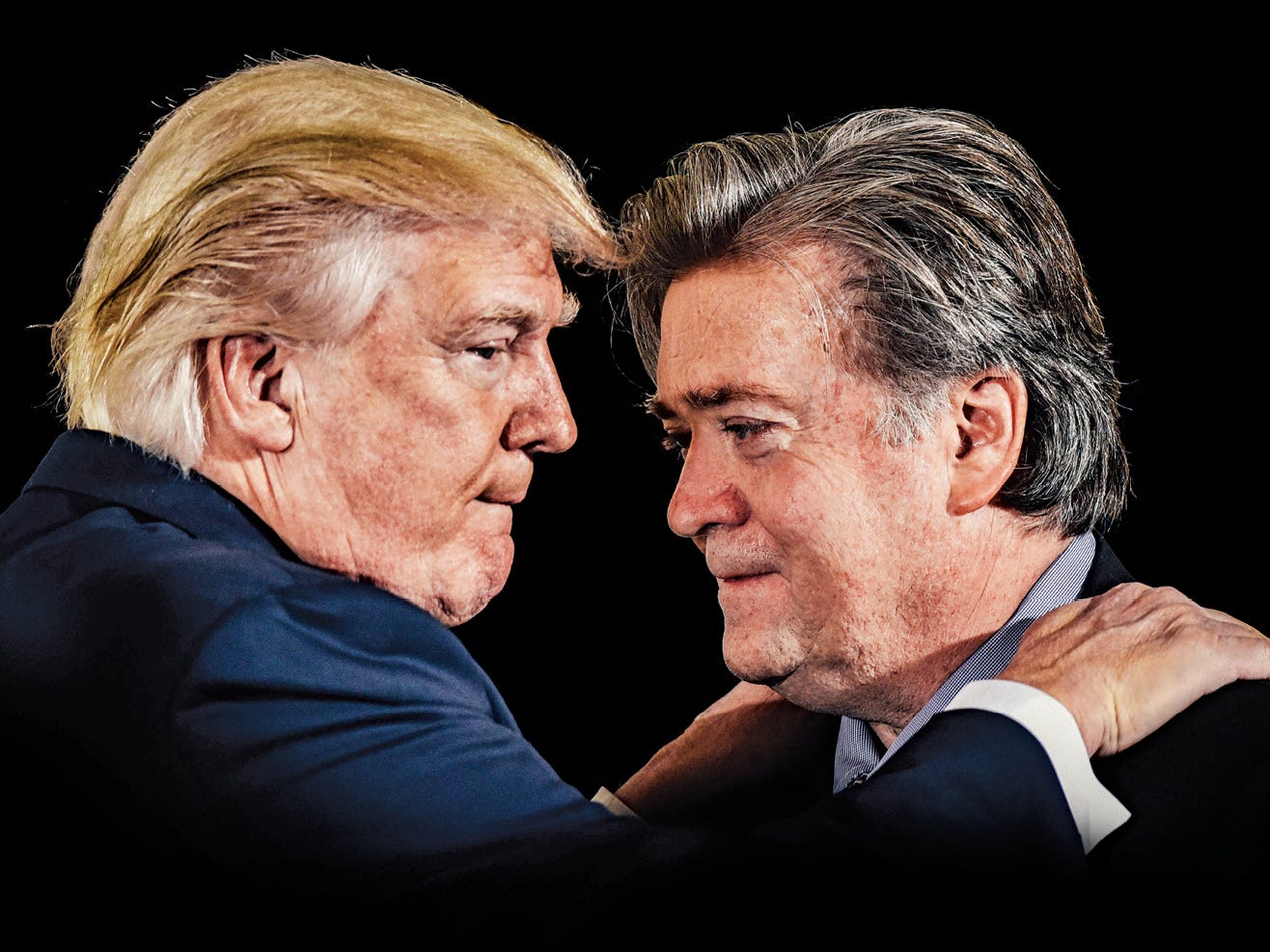How Steve Bannon First Met Trump As He Faces Four Months in Prison After Appeals Court Upholds Congressional Contempt Conviction
Is Steve Bannon going to prison? When? Can he appeal? Where and when? Here is what you need to know about Steve Bannon's conviction, which was upheld by the Appeals Court today.
1- A federal appeals court upheld Steve Bannon's conviction for contempt of Congress, stemming from his failure to comply with a subpoena issued by the now-disbanded January 6 co…




